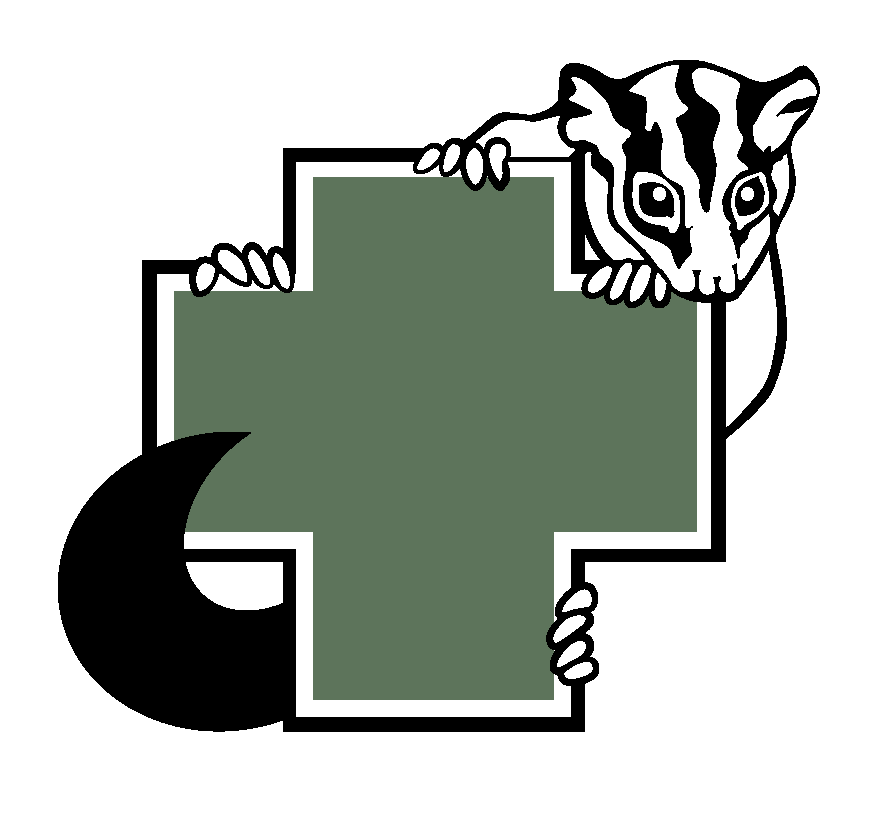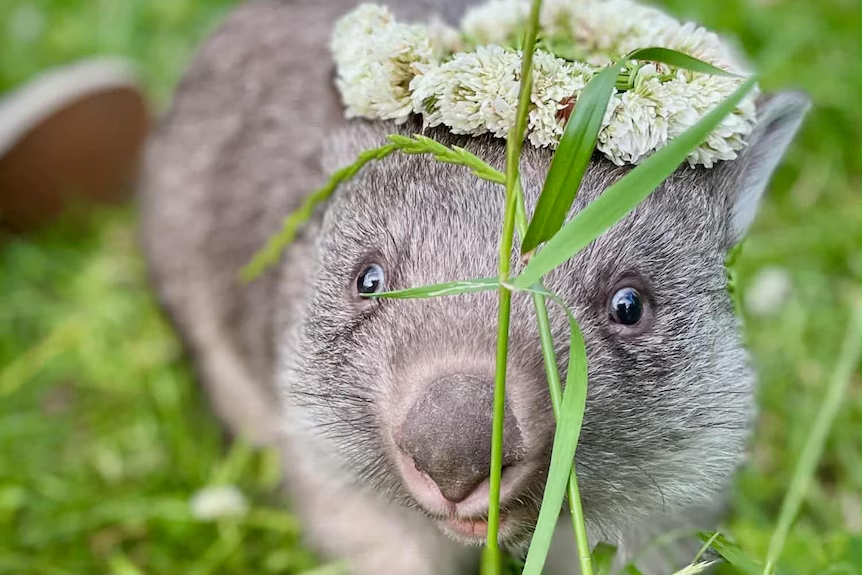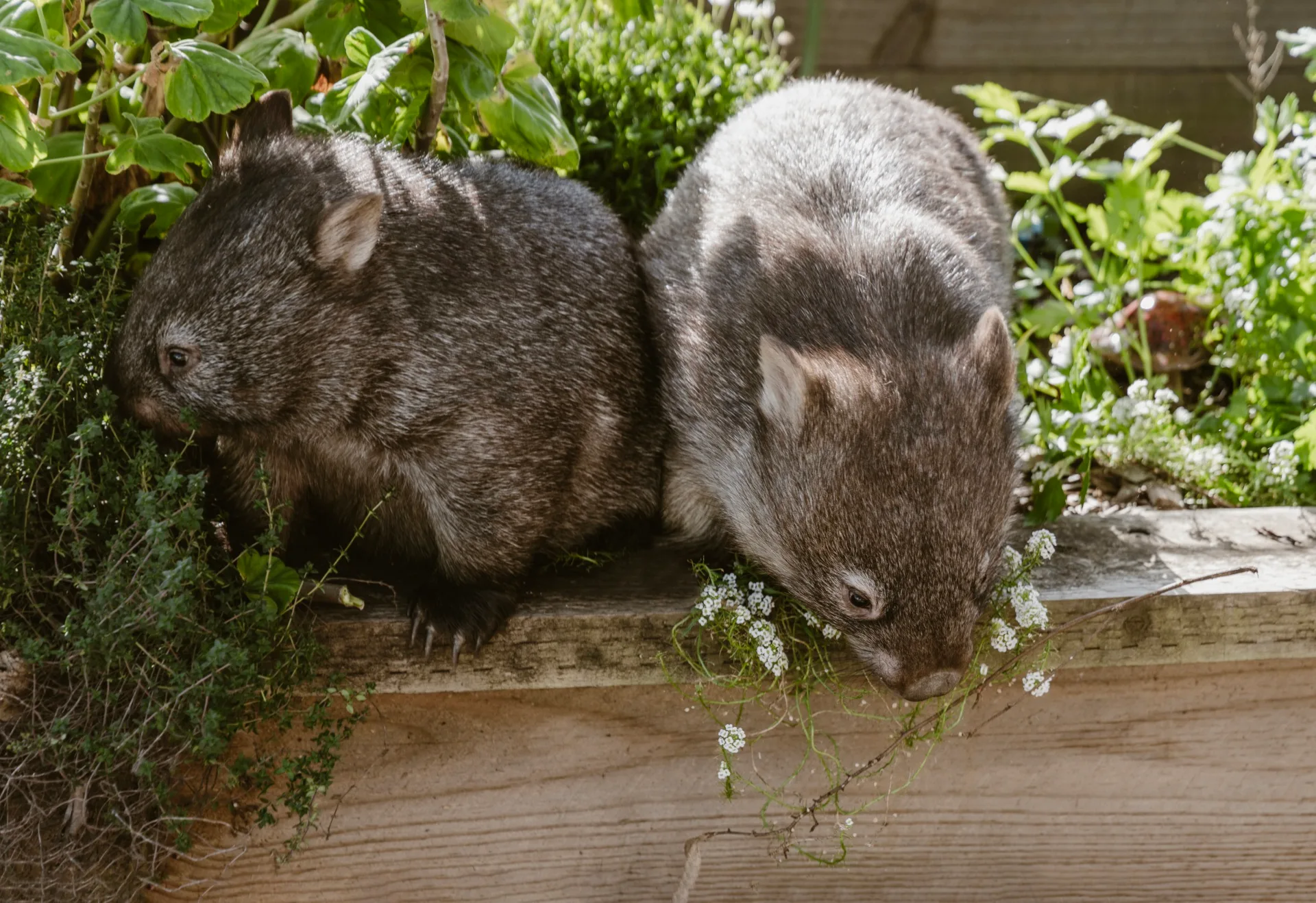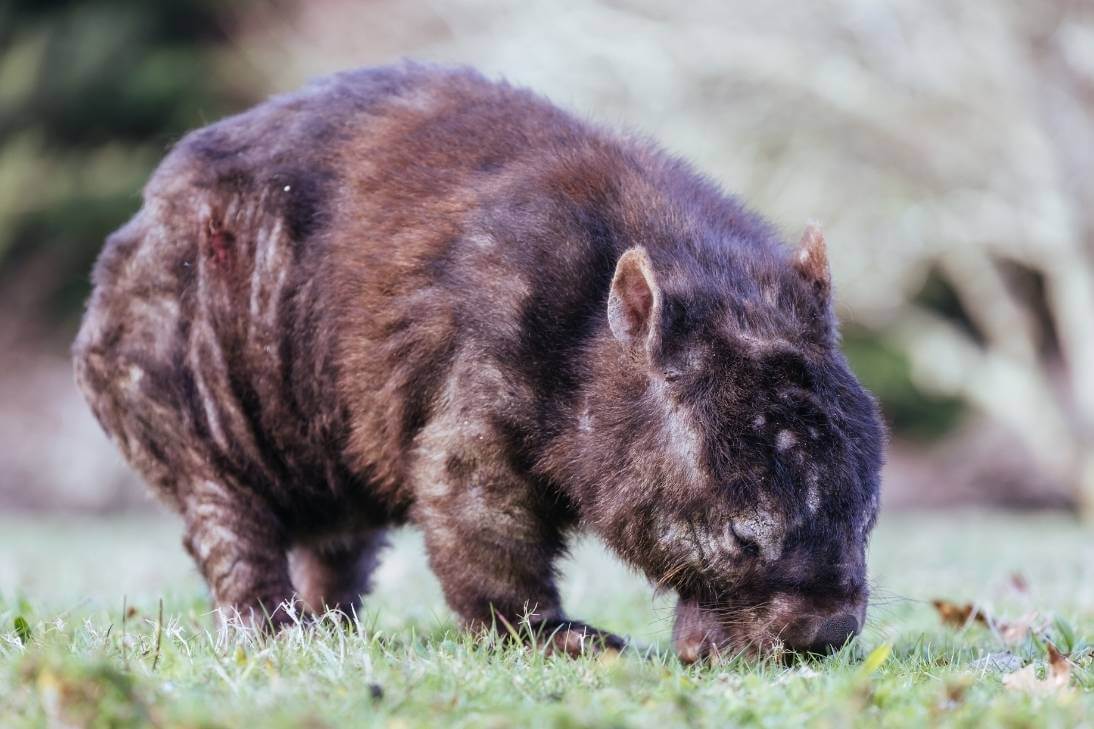OUR WORK
Wombats
From Rescue To Release, We’re Helping Hunter Wombats Return To The Wild
Hunter Wildlife Rescue plays a vital role in caring for sick, injured, and orphaned wombats across the Hunter region. Our work spans a large area, with much of our wombat rescue and rehabilitation focused in and around the Hunter Valley, where these iconic marsupials are most at risk from vehicle collisions, mange, and habitat loss. Behind every rescue stands a dedicated team of trained wildlife carers, supported and guided by the expertise of wombat specialist Judith Hopper. Together, this network of passionate volunteers and experts ensures that each wombat receives the highest standard of care, from urgent rescue to long-term rehabilitation and eventual release back into the wild.
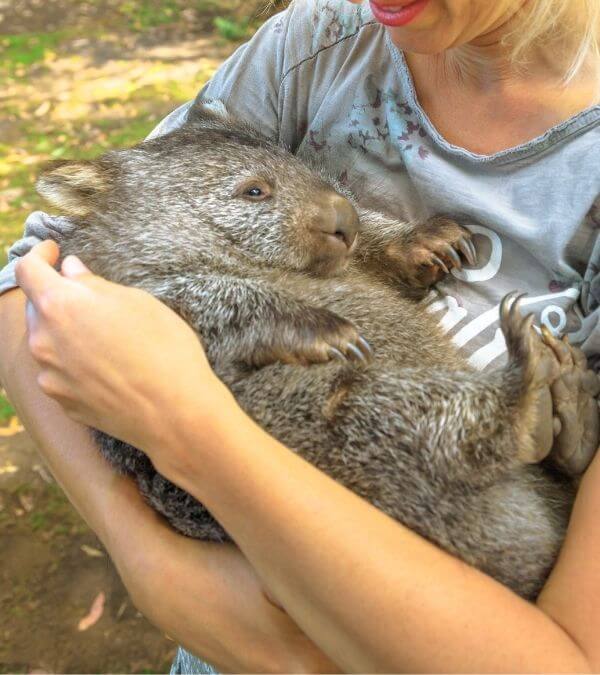
“Few animals shape the land the way wombats do. Their powerful digging turns over the soil, drawing hidden nutrients to the surface and creating space for seeds and organic matter to settle and grow. Every burrow they build becomes part of a larger ecosystem, offering refuge to countless native species and even shielding them from introduced predators. Yet despite the essential role they play, wombats are under threat. Mange disease, shrinking habitat, collisions on our roads, and the pressures of a changing climate are driving numbers down and putting their future at risk.”
Judith Hopper, Senior Wombat Coordinator
Hunter Wildlife Rescue
Our Work
Our Team
Our teams are our most important resource. Within our area there are five high density areas for wombats. So, we have a dedicated team in each area, a specialist team of orphan carers and a mobile team (passionate wombat people who can move to assist any team or help with the transport of a wombat). The team starts with you making the call to alert us to a wombat in need. Each wombat area has its own Team Leader and Team to treat mange, rescue and transport wombats from within their area.
How you can help
You can help save a life and make a real difference for wildlife across the Hunter region.
Frequently Asked Questions
Have questions about helping wombats? Learn what to do, how to help, and where to get support here.e
